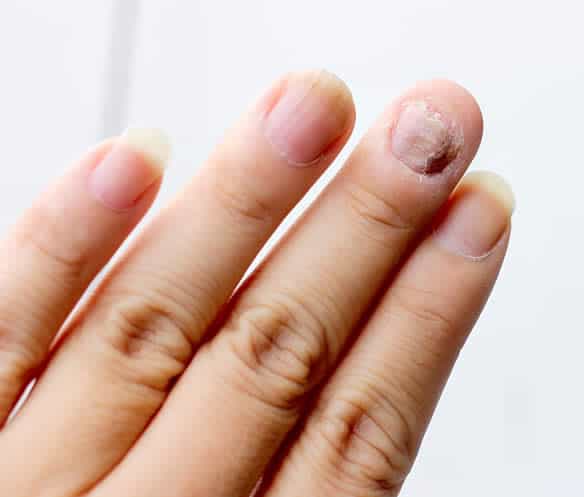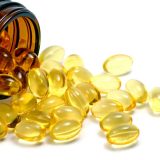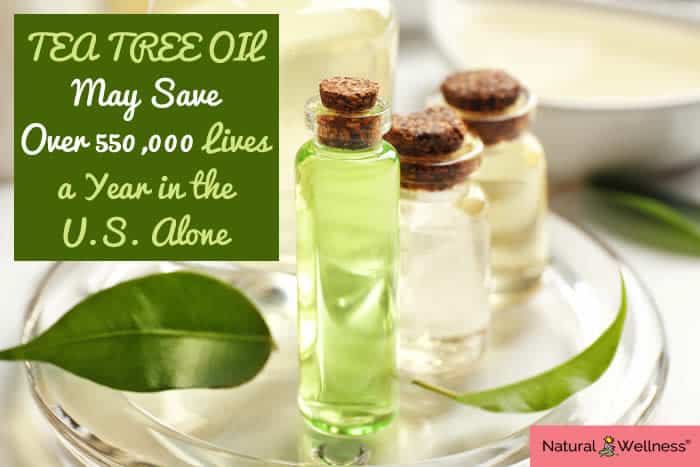

The First Antibiotic
With the discovery of penicillin in 1928, the first antibiotic, the medical world was catapulted into the future. Until that point, doctors were powerless to stop the spread of bacterial infection. The best a patient could hope for was a strong immune system and physicians that washed their hands. When Alexander Fleming introduced penicillin to the populace, he provided the world with the first successful antibiotic and paved the way for future antibiotics, which could slow the growth of bacteria or even kill them altogether.
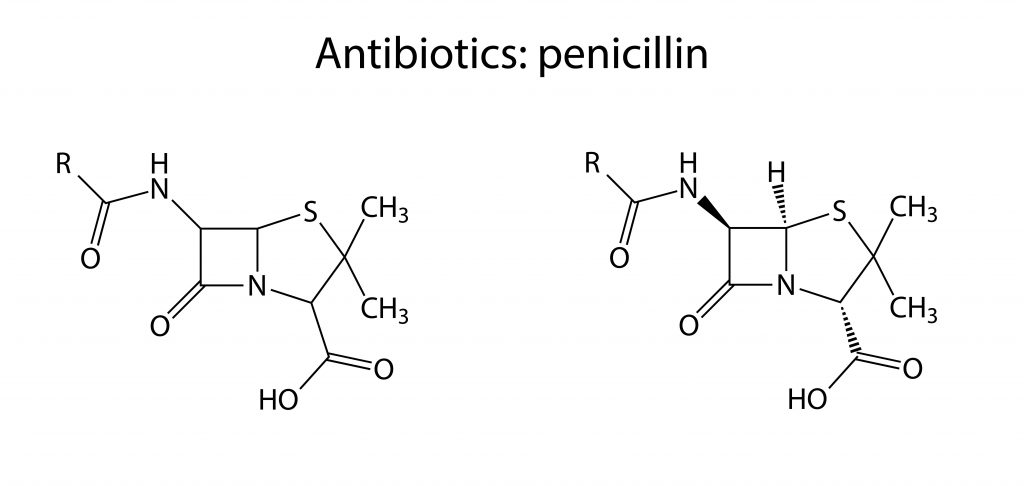
Unfortunately, this modern miracle is not bulletproof. Overuse of antibiotics has triggered the growth of resistant bacteria, which render antibiotics useless. Upon accepting his Nobel Prize in 1945, Fleming warned of this precise problem: “[T]here is the danger that the ignorant man may easily underdose himself and by exposing his microbes to non-lethal quantities of the drug, make them resistant.”
Less than a century later, Fleming’s fear has been realized. In the United States, at least two million people are infected with antibiotic-resistant bacteria every year. Of those, at least 23,000 die as a direct result of their infection, according to the Centers for Disease Control and Prevention (CDC). Across the Atlantic, the European Centre for Disease Prevention and Control estimates another 25,000 people die from superbugs in the EU each year.
How Tea Tree Oil Might Save Lives
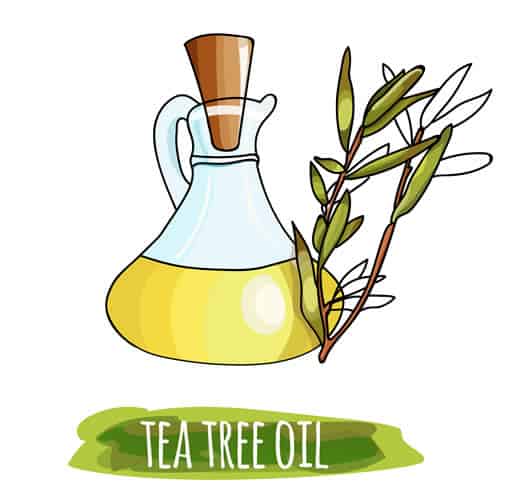
For all the good they do, hospitals have become a breeding ground for super-bacteria. “Hospitals can be hot spots for infections and can sometimes amplify spread,” says Tom Frieden, M.D., former director of the CDC. “Patients with serious infections are near other sick and vulnerable patients—all cared for by the same health care workers sometimes using shared equipment.”
Medical devices can become coated in a “biofilm” of antibiotic-resistant bacteria. Infections caused by this biofilm lead to approximately 550,000 fatalities each year in the U.S., according to Mohan Jacob, the head of the Electrical and Electronics Engineering Department at James Cook University (JCU) in Queensland, Australia. A September 2017 report from the United Nations places that figure even higher, estimating 700,000 global deaths per year due to antimicrobial resistance.
This antimicrobial menace outweighs the current opioid epidemic, which took the lives of more than 63,000 Americans in 2016. It even outdistances the number of deaths from heart disease, which claims 610,000 U.S. lives each year.
What Does All This Have to Do with Tea Tree Oil?
Because the superbugs that breed in hospitals are resistant to antibiotics, doctors have been searching for a way to destroy this biofilm without them. Tea tree oil may be the answer.
Used as traditional medicine for centuries, tea tree oil contains several compounds that kill bacteria, viruses and fungi – including terpinen-4-ol – which increases the activity of white blood cells. Because it effectively eliminates E. coli, S. pneumoniae and H. influenzae bacteria (three common causes of illness), it’s a natural hand sanitizer.
Tea tree oil also works as an insect repellent. It can be used as an alternative to chemical deodorants (not because it stops sweat but because it kills the bacteria that create foul body odor). And its natural benefits don’t end there.
7 More Benefits Linked to Tea Tree Oil
- Treating infections for minor cuts and scrapes
- Reducing inflammation
- Reducing acne
- Eliminating nail fungus
- Controlling dandruff
- Treating athlete’s foot
- Relieving psoriasis
Our Secret Weapon Against Antibiotic Resistance
Professor Jacobs and other researchers are studying a type of plant compound called plant secondary metabolites (PSMs). These PSMs exhibit a “relatively powerful broad-spectrum of antibacterial activities,” Prof. Jacobs explains. Scientists have been searching for a way to use this natural antibiotic as a coating for medical tools. Now, Jacobs’ team of researchers may have cracked the code – by using the PSMs of tea tree oil (Melaleuca alternifolia).
By exposing tea tree oil vapors to high heat, the molecules settle on the surface of a tool as a “solid biologically active coating.” This coating requires no solvent, which eliminates potentially harmful chemicals from being retained inside it, and is also environmentally friendly.
If this technique proves viable, it may help to pull modern medicine back from our medieval, pre-antibiotic past.

